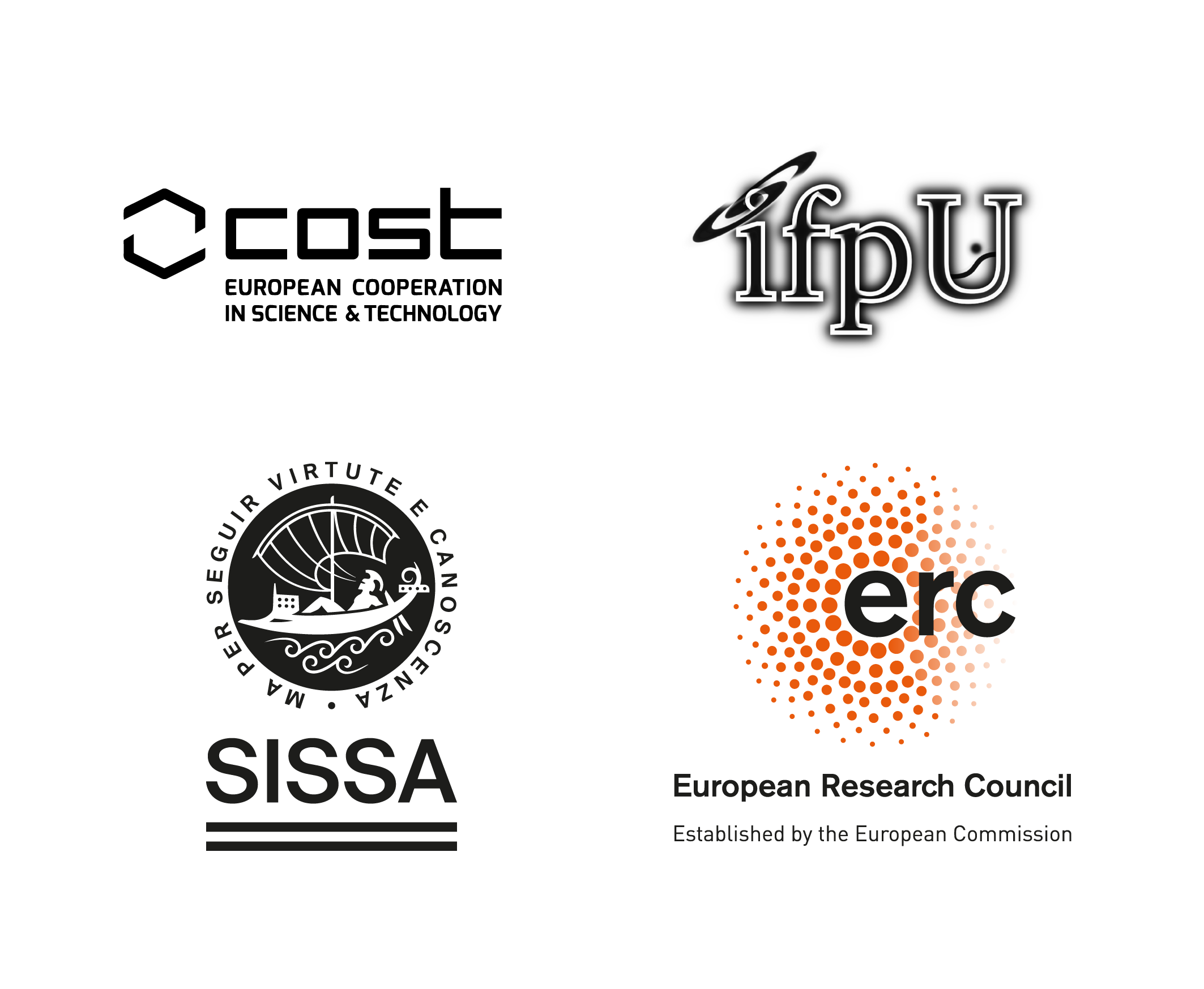
3rd meeting of the GWVerse COST action
The long-held promise of gravitational-wave astronomy as a new window onto the universe has finally materialized. We have taken but the first steps along a new, exciting avenue that has now opened before us. The harvesting of useful information from gravitational-wave signals and the understanding of its broader implications demand a cross-disciplinary effort. How, when and in which environment were black holes formed? How fast do they spin and how have some of them grown to become supermassive? Can black hole mergers inform us on the nature and distribution of dark matter? Are there new fundamental degrees of freedom? Gravitational waves will allow for precise tests of General Relativity, and of the black hole paradigm itself. However, to be able to collect and interpret the information encoded in the GWs, one has to be equipped with faithful and accurate theoretical models of the predicted waveforms. To accomplish the far-reaching goals of gravitational-wave science it is of paramount importance to bring together expertise over a very broad range of topics, from astrophysics and cosmology, through general-relativistic source modelling to particle physics and other areas of fundamental science.
In 2016, a short time before the announcement of the first gravitational-wave detection, a cross-disciplinary initiative in Europe led to the establishment of the new CA16104 COST networking Action on "Black holes, gravitational waves and fundamental physics'' ("GWverse''). GWverse aims to maintain and consolidate leadership in black-hole physics and gravitational-wave science. The Action supports the training of the next generation of leaders in the field, and the very first "native'' GW/multi-messenger astronomers, ready to tackle the challenges of high-precision GW astronomy with ground and space-based detectors.
The third global meeting of the Action will take place in Trieste, Jan 14-16 2020. A meeting of the board of the action is scheduled for Jan 13.
Scientific Organising Committee: Leor Barack (Southampton), Enrico Barausse (SISSA), Vitor Cardoso (CENTRA), Valeria Ferrari (Rome Sapienza), Stefano Liberati (SISSA), Samaya Nissanke (GRAPPA), Thomas Sotiriou (Nottingham)
Local Organising Committee: Enrico Barausse, Alexandru Dima, Jaumila Gonzalez, Stefano Liberati, Giovanni Tambalo, Sebastian Volkel.



